It's a wonderful experience for parents to see their baby grow and reach new milestones. The first year of your baby's life is an exciting time because you get to witness so much development, from sitting up to standing, crawling, babbling, and talking.
Did you know babies communicate with you right from infancy? Does your baby make those sounds when you speak to them? Although you may not understand what she is saying yet, that’s your baby speaking to you!
Babies start speaking words by about 12 months of age, which is the best age for child to learn languages. You can encourage your baby’s language development by reciting nursery rhymes, talking to them, reading them books, and adding new words to their vocabulary by naming toys and day-to-day things.
Your baby’s capacity to learn new things is tremendous between zero and three years old, as their brain is most flexible at this time.
The best age for child to learn languages is 17 months. At this age, the baby’s expressive language skills get a good boost. A study suggests that if you use two languages at home (i.e., you are bilingual), your child may learn both languages very easily.
Let us understand more about improving language skills in babies.
Benefits of Learning Multiple languages For Baby at Young Age
There is nothing like being too early when it comes to learning a new language. It is scientifically proven that there are several bilingual language benefits for baby. Some findings from the studies of bilingual language benefits for baby are discussed below:- Bilingual children can concentrate better as they must choose one language over the other at any given time, which requires them to pay attention and the brain to be flexible at this early age.
- A comparative study performed on children in bilingual vs monolingual groups showed that children in bilingual groups outperformed those in the monolingual group when tested for selective attention (the ability to prioritise something based on its importance).
- The study also indicates that bilingual children are likely to be more attentive to more information in their environment so that they can decide which language to use based on cues from their surroundings.
- Bilingual children are better at critical thinking and creativity.
- Knowing more than one language can delay the onset of Alzheimer’s disease in the later stages of life.
- Psychologists suggest that bilingual children are better at solving some types of mental puzzles, such as planning and problem-solving, compared to monolingual children. They can perform better at most of the tasks that involve memory and attention.
Are there any challenges while raising bilingual or multilingual children?
Learning more than one language may sometimes be a need for the family, for example, when the parents have migrated to an area that has a different native language from their own. Parents might face the following challenges while raising bilingual or multilingual children:- Children might not hear one of the languages as often as the others, and there may be a gap in learning. Parents should also seek out good sources of exposure to the other language.
- Parents may find it difficult to impose rules regarding the use of different languages. Do not force anything on your child. Let the learning be natural.
- If one parent does not understand the other’s language, children may feel they are excluding one parent when they speak the other parent’s language.
How many languages can a child learn?
When parents speak two different languages at home, it is natural for children to learn both languages to communicate with their parents. Research shows that by the age of five, a child can learn and remember up to five different languages.
How can you help your child learn different languages at young age?
In the following ways, you can help your child learn different languages:- Singing in different languages can be a fun activity and a way to learn a new language.
- Children can learn words, numbers, and alphabets in different languages through conversation with a particular parent.
- Sign them up for special language programmes at a later stage.
- Read their books in both languages.
- Give them opportunities to practise and listen to both languages during the day.
Languages are a gateway to the world. Children who know multiple languages will be more connected socially and will be able to better understand other people’s thoughts, desires, and intentions.
You may encourage your child to learn more than one language as it can contribute to your child’s mental development. Help your child connect confidently with the world by teaching them different languages.
References:
- NHS. Help your baby learn to talk [2021].
- Michigan State University. Advantages of a bilingual brain [2021].
- Linguistic Society of America. FAQ: Raising bilingual children [2021].
- American Speech Hearing Association. Learning two languages [2021].



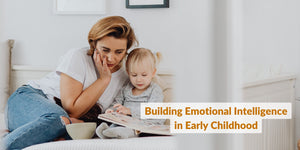
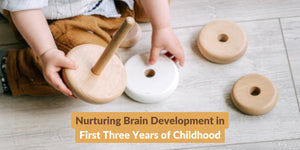




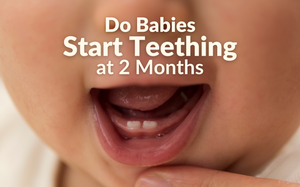
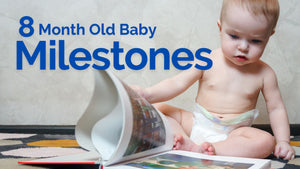
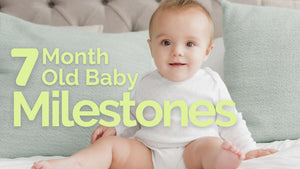

LEAVE A COMMENT